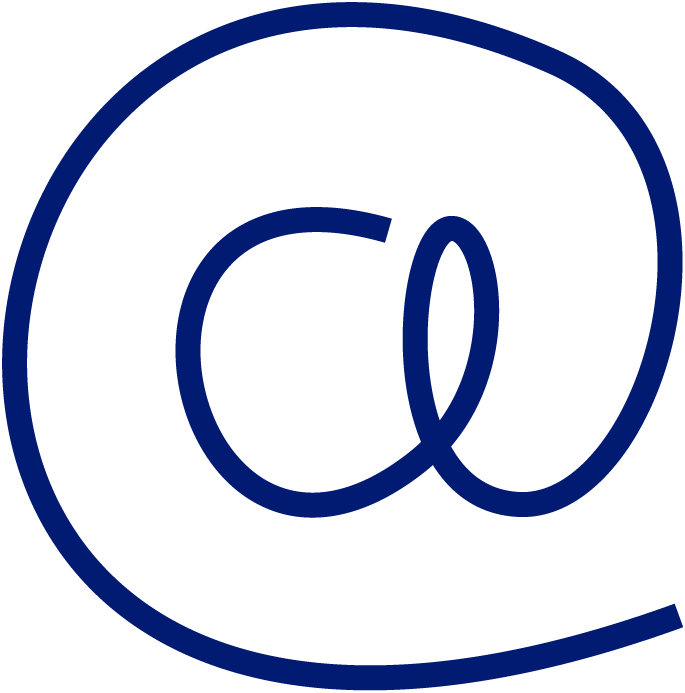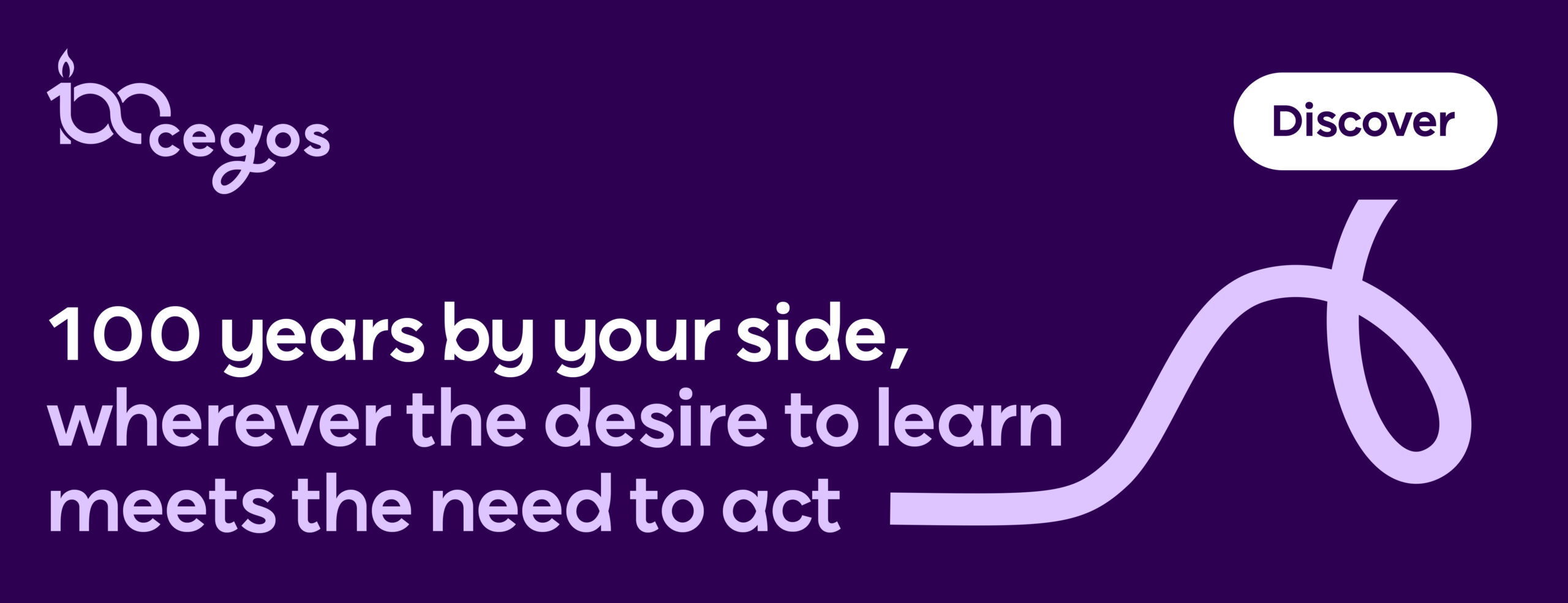

In our final Global L&D talk of 2024, we looked at the importance of developing a strong project culture to build success. Three keynote speakers shared experiences on how their organisations create a culture that energises performance and delivers the overall strategic plan.
Mixing recognised certification with the company way
“Fostering continuous learning and development in project management is essential if you want to remain relevant and successful,” says Beate Nicholls, Senior Associate of Project Management Excellence at SIEMENS, the global technology company. “Our whole project management landscape is going through an uplift to equip our project management the needed competences.”
In the past, project management training at SIEMENS had been delivered entirely in-house. We now decided to team up with IPMA International to give our project managers a sound and comprehensive foundation in core project management competences, and focus our internal experts on specific internal requirements
The result is a new Core Learning Program “PM Professional”, which includes the IPMA Level D certification. The International Competence Baseline from IPMA focuses on contextual competencies, personal and interpersonal skills, and the technical skills involved in managing projects, programs and portfolios.
However, management was keen not to lose the essence of what makes project business at SIEMENS so successful. As such, a bespoke module – ‘PM Practitioner’ – was included to cover specific competences and practises linked to the nature and culture of project business at Siemens.
“IPMA is competence based, which differentiates it from most other global Project Management Qualifications which are method-based” says Beate. “This is important to us at Siemens as we wanted to maintain our internal PM@Siemens methodology which we keep adapting to the changing business requirements.” In addition, IPMA’s ICB covers a lot of people competences, and project management is a team effort. The trick is to learn how to motivate people, especially when you have project teams made up of different people from different departments. Some are a shared resource, such as engineers working on perhaps 10 different projects. Importantly, PMs must have the ability to communicate effectively so that everybody understands the plan and can bring their competences in to successfully achieve the common goal.”
The “PM Professional” program has been rolled out globally in 7 different languages. Previously, centrally provided Project Management trainings had been delivered only in German and English. However, not everyone had the required level of language skill in English or German to fully benefit from those courses. With “PM Professional” we provide equal learning and development opportunities to our global project management community.
Elevating PM development through academies
Building a robust project culture requires thoughtful strategy and execution. Gregory Ruget, Corporate Program Support Director at pharmaceutical company Servier, shared insights on how the company transformed its approach to project management.
Servier began its transformation in 2015. While projects were central to the company’s objectives, project management competence varied widely, with less than 15% of employees having formal training. Most relied on learning through experience, creating inconsistencies and inefficiencies.
To address these gaps, Servier’s Executive Committee (ExCom) launched two major initiatives in 2021:
• Servier &U Academies, designed to build strategic cross-functional skills
• A Corporate Project Management Office to oversee non-therapeutic strategic programs
These steps enabled the company to standardise project management practices based on international standards like PMI® and Scrum.org®, establish harmonised governance structures, and provide tiered training programs. To date, over 630 employees have been trained, fostering a shared mindset and best practices across teams.
Gregory emphasised the importance of leadership support, effective communication, and gradual implementation. “Think big, start small”, he says, reflecting on the value of co-developing governance, processes, and tools to ensure adoption. He also highlighted the significance of people in building a successful project culture.
As Servier continues to scale its efforts, challenges include aligning talent with structured career paths, strengthening ‘best practice’ communities and exploring new tools for project & portfolio management.
Their experience offers a clear lesson: a project culture not only drives efficiency but also boosts employee engagement and satisfaction. The key is to invest in people, processes, and tools to create a thriving ecosystem.
Find out more about Servier's Project Management Accademy
Building a shared project culture: lessons from Hitachi Rail
Promoting a cohesive project culture requires balancing traditional priorities with modern challenges.
"Rail is a very traditional business. Our priority is safety," says Alessandra Rivetto, L&D Global Delivery Manager at Hitachi Rail. “However, we are experiencing a big change because of digitalisation, sustainability and rising customer expectations. That’s why we aim to offer not just transport but a travel experience.”
"We needed the same project management culture across the company," Alessandra says. "It doesn’t matter if it’s HR or tech, everyone works through projects," she says, highlighting the importance of creating a unified approach across diverse markets and solutions.
To meet this challenge, Hitachi Rail crafted a project management framework accessible to all employees, regardless of their role. Long-term projects, sometimes spanning up to 10 years, demand consistent methodologies and collaboration.
This framework blends standardisation with customisation, addressing local market needs while promoting a common ‘Hitachi language.’
Alessandra stresses the importance of soft skills in technical roles. "When working in a such a complex organisation, we see the extra value of people and projects—how they manage and lead without hierarchical support."
Skills such as leadership, stakeholder management, and building trust complement traditional competencies like cost control, reflecting the evolving demands of project management.
Today, Hitachi Rail equips employees to thrive in a dynamic environment, ensuring the company remains resilient and future-focused. Their approach manages to balance technical excellence and people-centred leadership in a project-driven world.
To learn more about how Cegos can help your organisation build a successful project management culture, contact us today.










